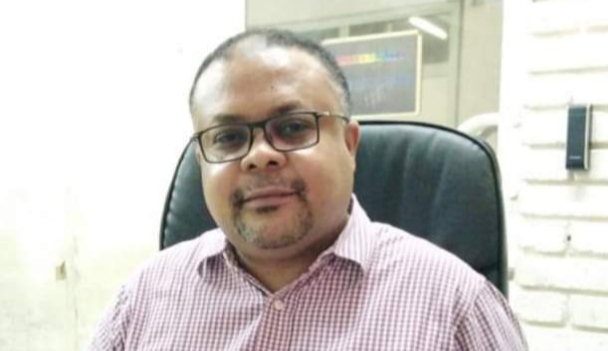Sudanese Political Parties and the Incompetence of the Capable

Othman Jalal
(1)
Who thinks for General Al-Burhan? Intellectual integrity requires expanding the question to include all military leaders who have ruled Sudan: from General Abboud (November 1958 – 1964), to Nimeiri (May 1969 – 1985), Al-Bashir (June 1989 – April 2019), and Al-Burhan (September 2019 – present). These were originally professional nationalist officers who swore an oath of loyalty to protect the nation and uphold the constitution. However, they were dragged into power struggles by political parties incapable of managing national and democratic development using intellectual and political tools. Instead of transforming ideological conflicts into creative diversity that integrates democracy into society, parties, and institutions, they have failed to cultivate a culture where governance, the economy, and civilizational advancement are anchored in the people.
(2)
These intellectual and behavioral deviations reinforce the notion that Sudan’s civilian political elites have historically been authoritarian, merely disguised in democratic garb. It also supports the idea that political parties were established from the outset to serve the interests of their elite leadership. Party leaders never step down except by death, leading to a chronic disconnect between leadership and grassroots members. Internal democratic processes within these parties remain purely symbolic, merely re-electing the same leadership cycle after cycle, with no generational renewal.
Can political parties, which claim to uphold democracy and grassroots decision-making, rely on military force to impose a sustainable democratic system? This contradiction has long defined Sudanese political leadership.
(3)
Political leaders have exploited their parties to satisfy their own ambitions for power. They have not even reached a democratic compromise to share power, as seen in some Western pseudo-democracies controlled by entrenched capitalist elites. Instead, Sudanese political leaders have expended all their energy recruiting military officers to resolve political disputes through coups. They have assigned military allies the technical task of executing a coup, expecting them to step aside afterward and hand over power to the party leader.
However, before the party leader can assume full power under the guise of democracy, the military commander strips him of authority, abandons his uniform, and transforms into a political leader wielding absolute power. This dynamic weakens political parties, reducing them to extensions of the leader’s personality. The survival of the leader becomes synonymous with the survival of the party and the unity of the nation. Consequently, political authority transcends practical governance and takes on an almost ideological, predestined nature.
(4)
The history of Sudan’s power struggles proves that military coups emerge from the contradictions within political parties. The very political leaders who engineer these coups ultimately suffer their consequences, as these takeovers derail national and democratic development and entrench authoritarian and corrupt institutions. Thus, Sudan’s cycles of governance have been marked by perpetual conspiracy without legitimate authority, preventing any transition to real leadership.
This constitutional crisis echoes a long-standing issue in Islamic political thought since the collapse of the consultative model under the early Islamic Caliphate. Given this reality, Sudan’s journey toward democracy must begin with deep intellectual and cultural excavations into the structural roots of authoritarianism.
(5)
General Al-Burhan is currently being advised by the same historical political mindset obsessed with power. This mindset is now at its lowest point, represented by the leaders of the “Taqaddum” coalition, who are shamelessly begging for authority through the terrorist militia of the Dagalo family.
Al-Burhan understands that such wishful political thinking will lead him down the same chaotic paths as Abboud, Nimeiri, and Al-Bashir. He also realizes that Sudan’s military institution ultimately supports democratic transition. Therefore, in July 2022, he announced the military’s withdrawal from politics and called on political forces to reach a consensus on managing the transitional period toward elections and establishing an optimal democratic governance model.
(6)
Today, General Al-Burhan is leading both the army and the people in a decisive battle to dismantle the racist militia of the Dagalo family, which poses the most significant strategic threat to Sudan’s existence on the world map.
It is the duty of all political and societal forces to align with the army and its leadership in this existential struggle until the terrorist militia is completely eradicated. Likewise, these forces must form a critical historical bloc to guide the transitional period, oversee reconstruction, and sustain strategic political consensus over multiple electoral cycles to entrench and institutionalize a lasting democratic system.
(7)
Sudanese political forces have failed in their attempts to establish democratic governance—whether by seizing power overnight through military coups or through fragile consociational democracy. Can they now rise above their personal, partisan, and ideological interests to build a consensus-based democratic experience?
According to Hegel, historical possibilities and challenges are always open to shaping new realities. Sudan has the opportunity to break the vicious cycle of governance failures. The decisive moment now lies with the political forces that rally behind the army in this battle for national dignity. Will they rise to the challenge?



